France's President Emmanuel Macron has reiterated a call for the European Union to implement its stated policy of "strategic autonomy", proposing the bloc could become a "third pole" alongside China and the United States.
In an interview on Sunday with French business daily Les Echo, Macron said: "We don't want to get into a bloc versus bloc logic," adding that Europe "should not be caught up in a disordering of the world and crises that aren't ours".
Macron also underlined that any escalation around Taiwan was not in the EU's interest.
"The question asked of us Europeans is the following: is it in our interest for there to be acceleration on the topic of Taiwan? No. The worst thing we Europeans could do would be to be followers on this topic and to adapt to the American rhythm and a Chinese overreaction. Why should we go at a rhythm chosen by someone else?"
Macron said he rejected decoupling from China, which is seen by some experts and business people as that France wants to build up its ties with China and reduce reliance on the United States.
The French leader, during his 3-day state visit to China from April 5 to 7, said he "does not believe" and "in any case does not want to believe" that decoupling from the Chinese economy is already underway, Reuters news agency reported.
Macron also warned Europe must not reduce its trade and diplomatic ties with the world's second-largest economy and needs to avoid what some have cast as an "inescapable spiral" of tensions between Beijing and the West, according to Reuters.
Macron's stance was seen by policy analysts as adding content to his "strategic autonomy" which seeks to pursue France, and even the Atlantic regions' own interests without heavily depending on one single superpower, such as the US.
Alicja Bachulska, a policy fellow at the European Council on Foreign Relations, said in an interview with Euronews that the state visit, with over 50 business executives traveling together, suggests economic cooperation with Beijing is still "very high" on the agenda in Paris, also at the level of the whole European Union.
"We have the biggest players, such as Germany and France, and the business circles in these two countries, which have very vast, really, really vast interests in terms of returning to business as usual," said Bachulska. "Europe is not about decoupling, this American-style decoupling."
Bilateral trade between China and France was worth over 100 billion euros ($108 billion) in 2022. China remains France's largest trading partner in Asia, and France is China's third largest trading partner.
The two countries now agree to boost economic exchanges, with a range of signed deals relating to transport, energy, agriculture, culture, and science sectors being listed in a joint statement issued on the day when Macron closed his visit.
For example, Airbus, a French-based plane maker, has signed a 160 commercial aircraft purchase deal, which is worth around $20 billion, with China Aviation Supplies Holding Company. The aerospace giant has also set to build its second Chinese assembly line, which is described by CNN as one that could "lead over Boeing".
The world's largest cosmetics company L'Oréal has also struck a three-year partnership deal with Chinese e-commerce behemoth Alibaba.
"While much has been achieved in terms of alignment between the US and the EU, some differences in the economic and monetary fields will continue to prevail," Nicola Casarini, senior associate fellow at the Italian think-tank Istituto Affari Internazionali, commented in an article from Woodrow Wilson Center, a US non-partisan think tank.
According to a news article published on April 6 in European Conservative, a European journal, not only Macron but also the German Chancellor Olaf Scholz and Spanish Prime Minister Pedro Sanchez, who just paid his visit to China at the end of March, "insist on" opening dialogue with Beijing so as not to harm their trade relations, while the US is taking a tough stance.
The French business community also welcomed Macron's move, Reuters reported.
"People don't know this country well, a lot of the things being said are untrue," Thierry de la Tour d'Artaise, CEO of French appliance group SEB told Reuters. "I don't think the Americans ask for our opinion when they travel here, so it's very good for France to do its things and bear responsibility for it."










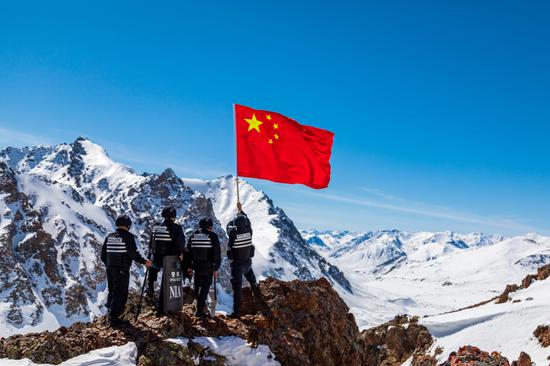

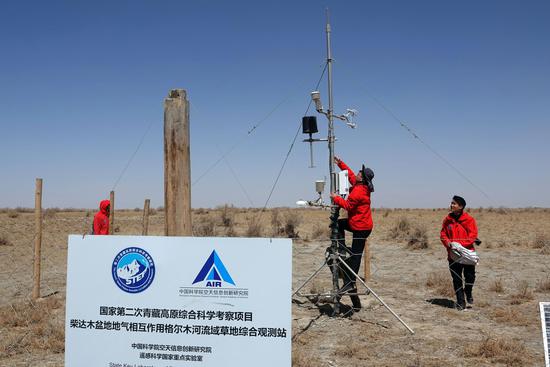
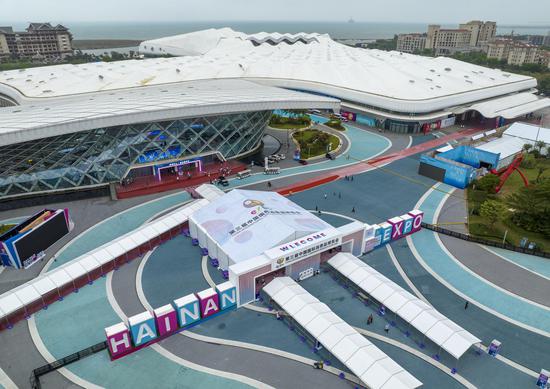
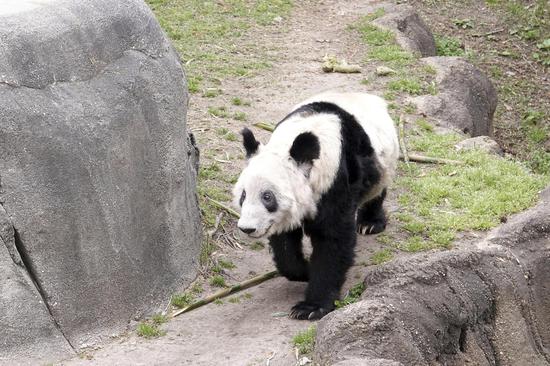
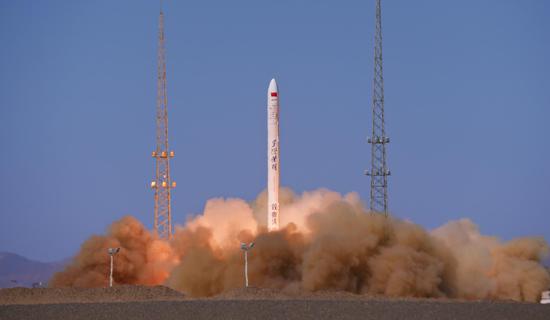
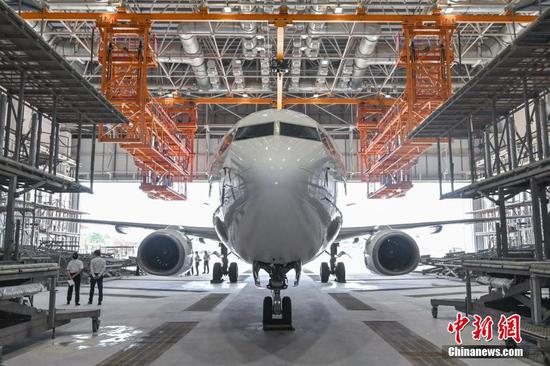
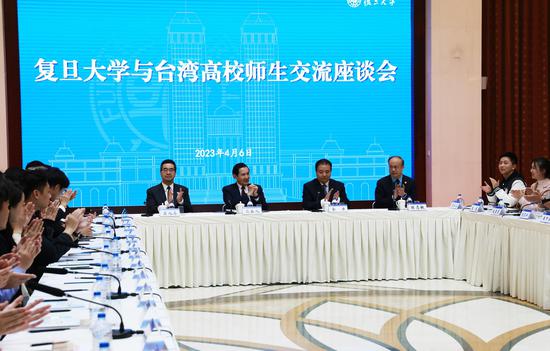
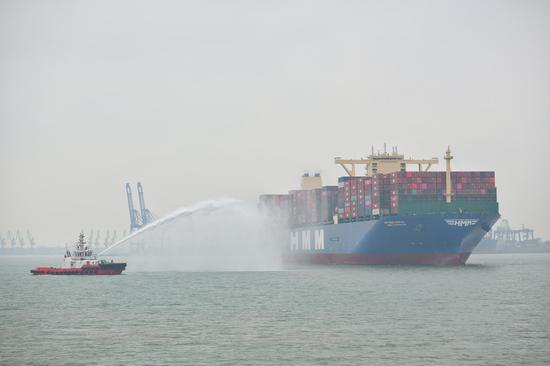
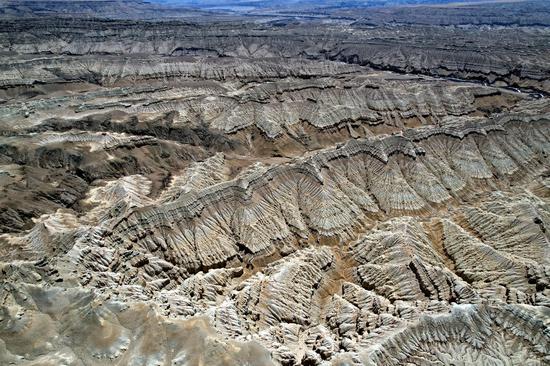

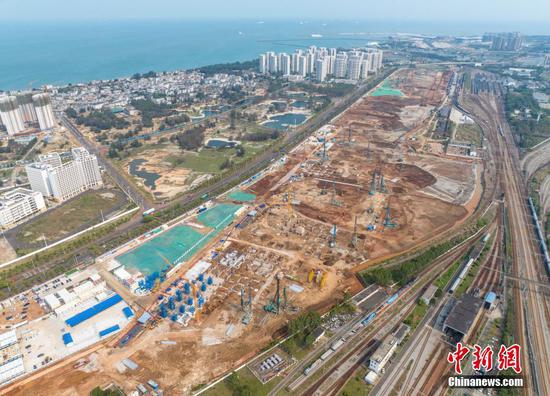
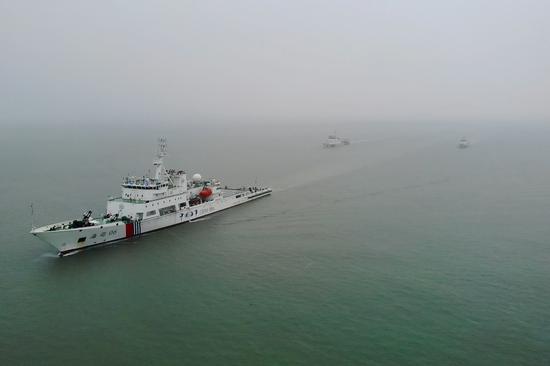
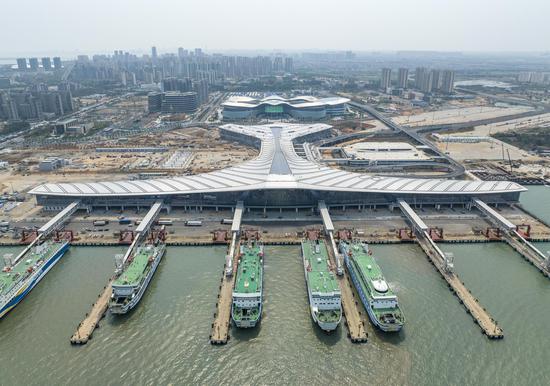

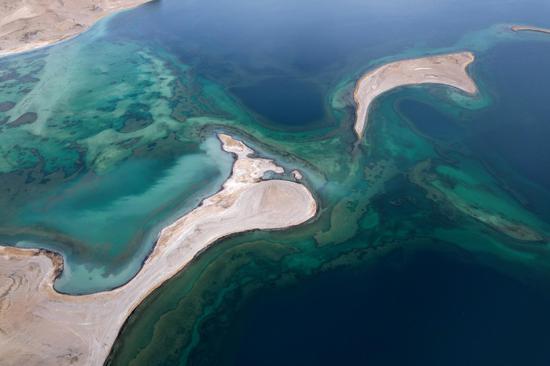

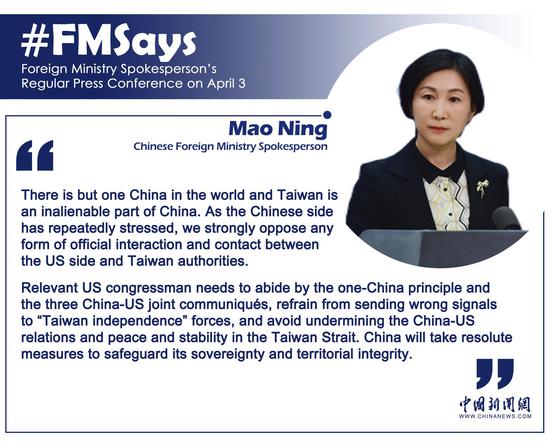
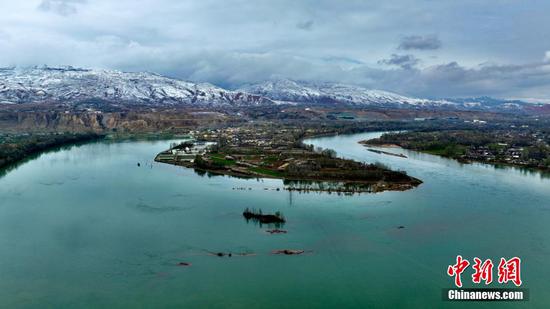
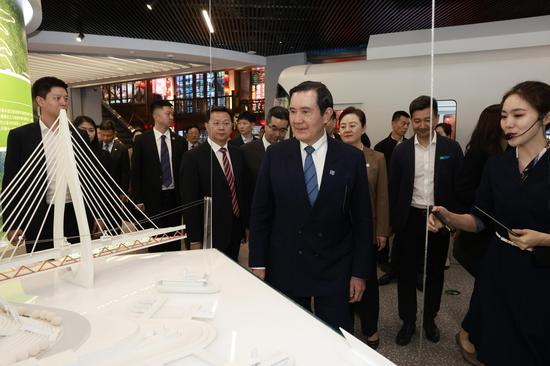
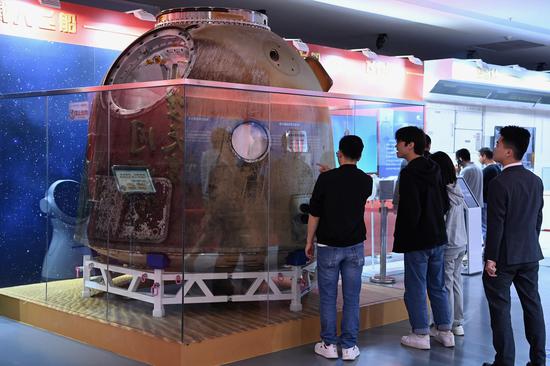

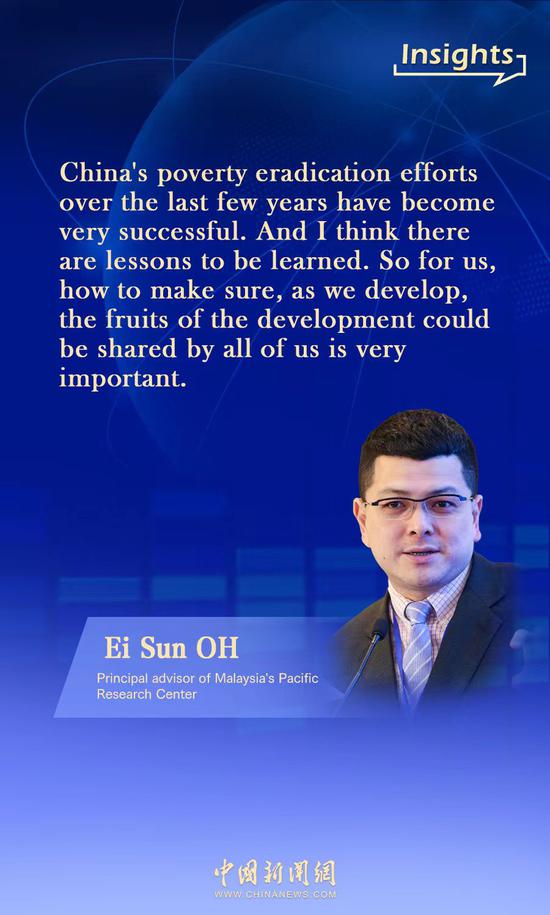
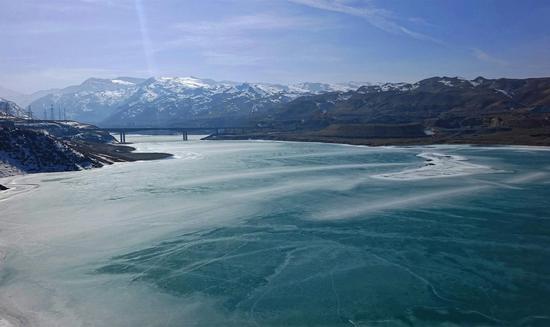
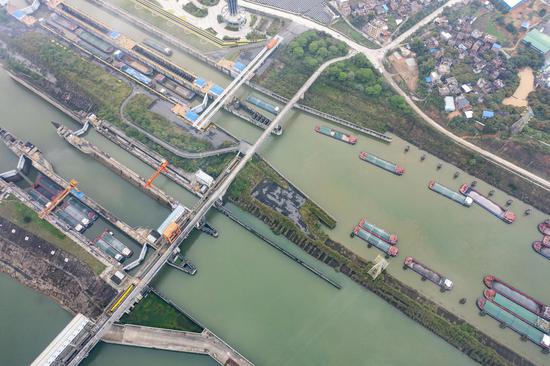
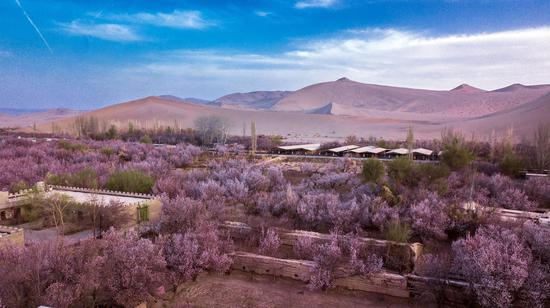
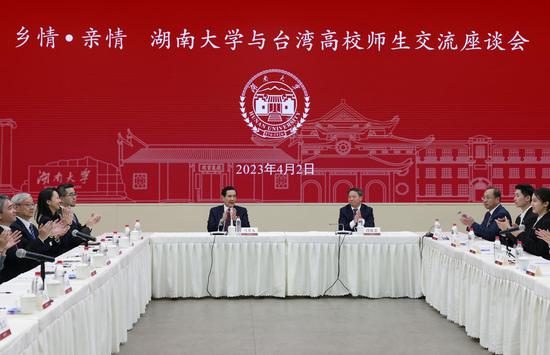
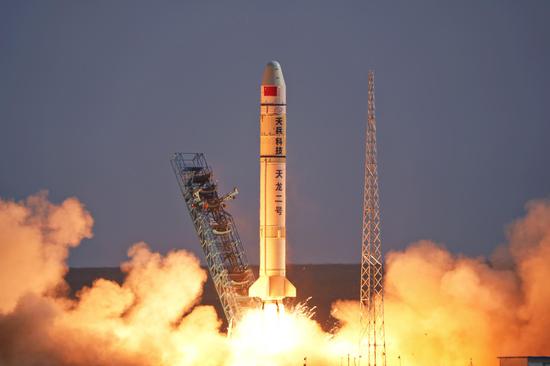
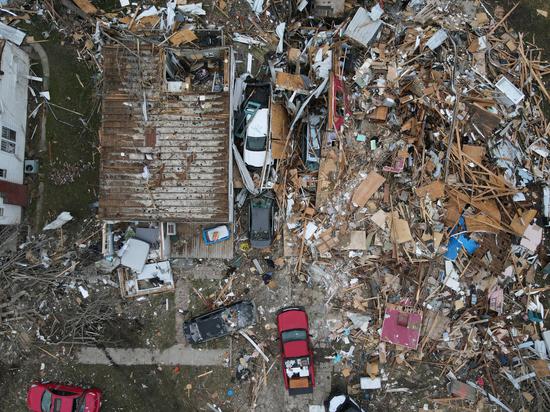
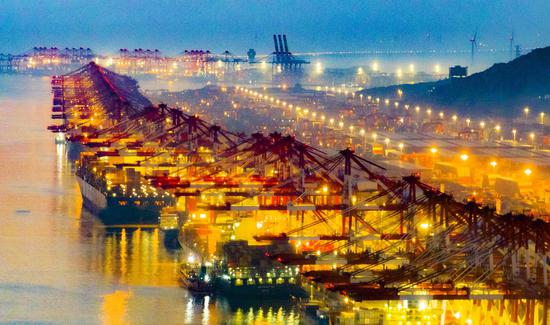
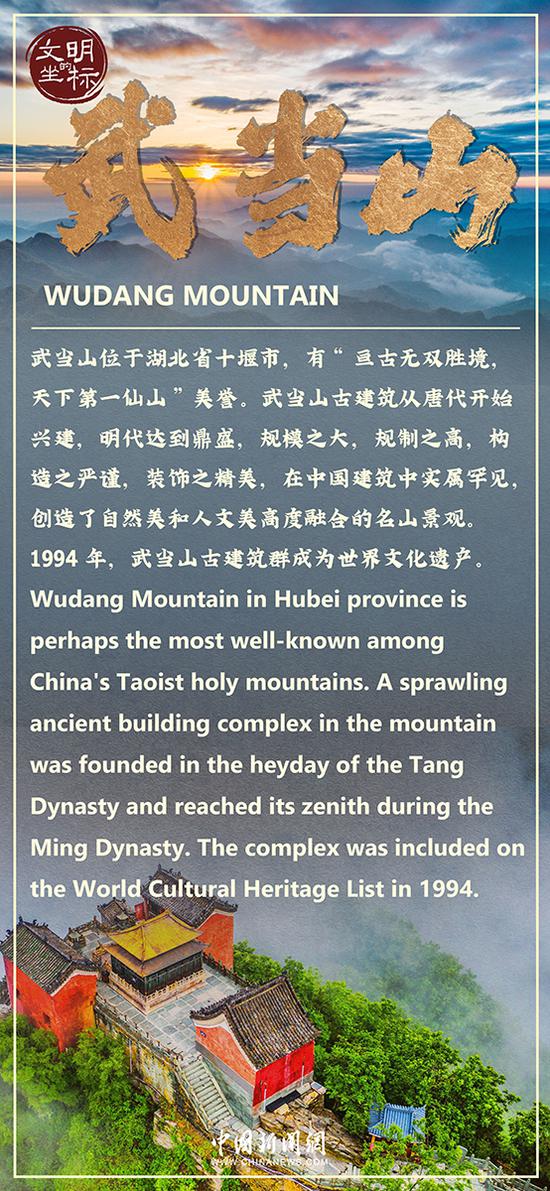
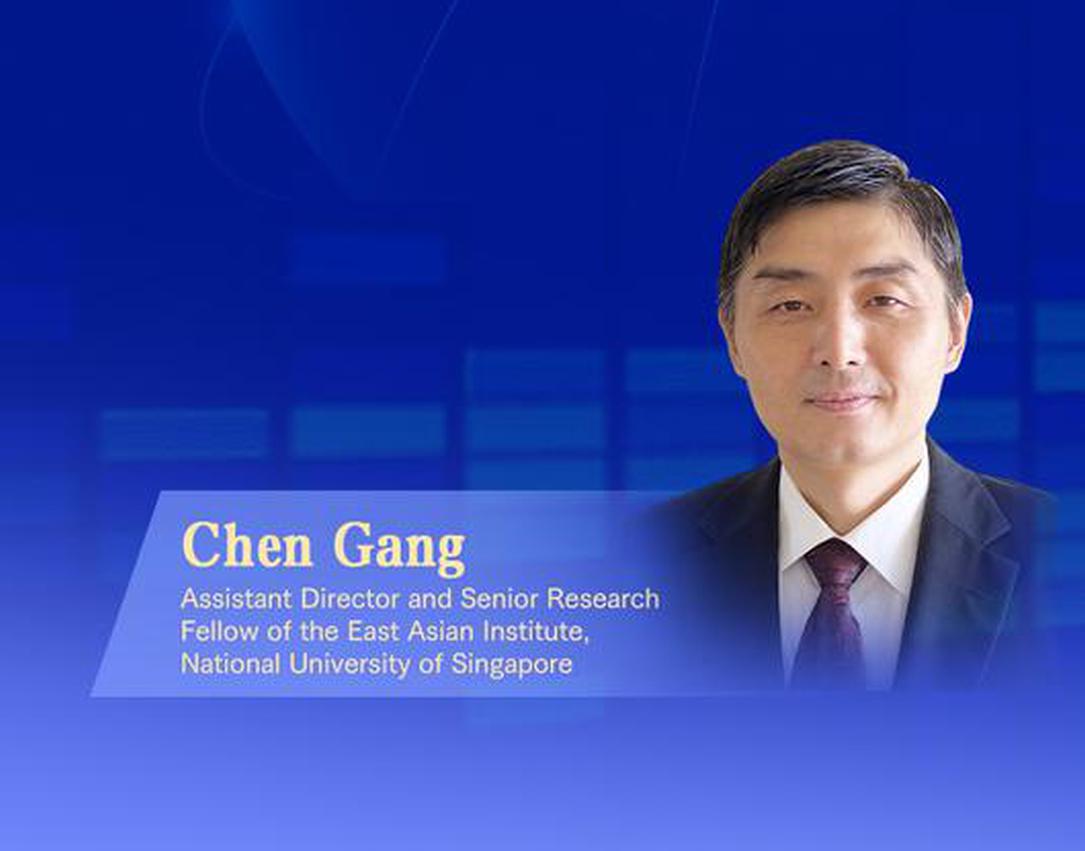
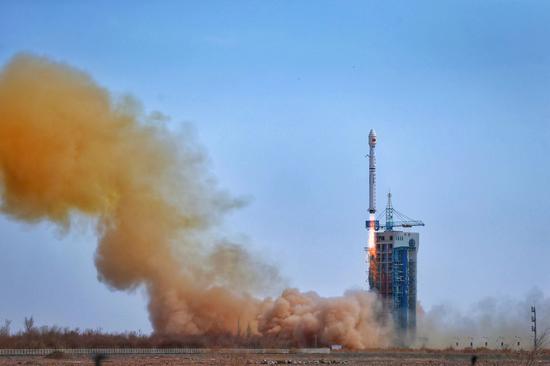
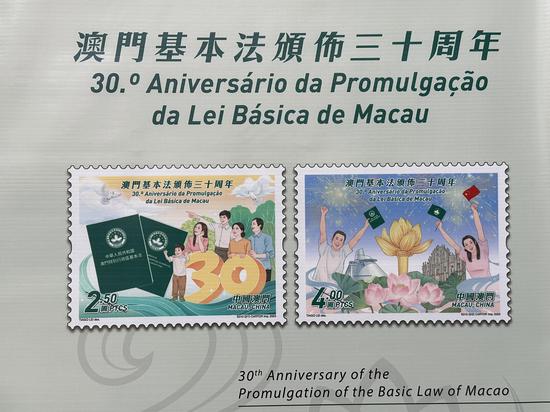
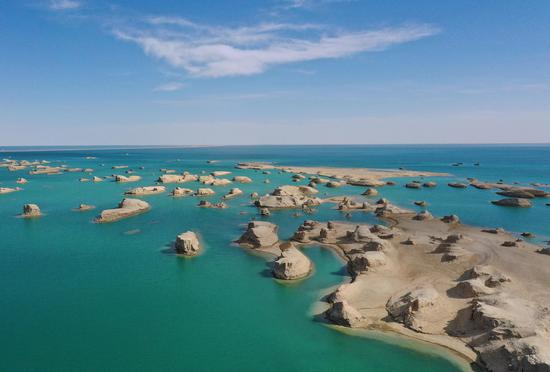





 京公网安备 11010202009201号
京公网安备 11010202009201号